I spent February reading wonderful novels:
→ OLGA DIES DREAMING by Xochitl Gonzalez: Olga has built a successful wedding planning business, managing events for wealthy clients with more money than sense. She gets a thrill, and extra income, from finding opportunities to exploit the rich, but she's increasingly dissatisfied that she's not doing something more meaningful. Her brother Prieto is the do-gooder, a member of Congress who genuinely wants to improve the lives of his Brooklyn constituents. But Prieto has found himself in a compromised position, so he can't do all he'd like for Brooklyn, or for the people of Puerto Rico who he's also trying to help. Both siblings have had their adult lives shaped by their mother, who left the family when they were young in order to pursue the cause of Puerto Rican independence. Since then, she's only communicated by letters from unknown locations, but now she's reaching out in new ways, and it may be time to finally air all the family's secrets.
This fascinating novel opens with a discussion of fancy napkins and unfolds into a story with far more complexity, and sometimes darkness, than I was anticipating. From the start, I was interested in Olga and Prieto and the problems they were dealing with, and then as every new layer appeared, I grew more impressed. At times the book is light-hearted and amusing, but it also gets into weighty subjects including corruption, colonialism, and trauma. While at times the way the characters discuss these topics tends toward speeches rather than dialogue, there is a lot of nuance in the story overall. The many conflicts build to a satisfying conclusion, and the ending left me emotional.
→ DETRANSITION, BABY by Torrey Peters: Reese wants a baby, but as a trans woman who keeps dating married men, she feels this future is out of reach. Then she gets a call from her estranged ex, Ames. He's gotten his girlfriend pregnant, something that also seemed impossible since he was on hormone treatments for years when he lived as a woman, which should have left him sterile after he detransitioned. Ames is overwhelmed by the thought of having a baby with Katrina, and the one way he can imagine it working is if Reese would join them in parenting. The two women have never even met, so both think this proposal is absurd at first. But soon they're intrigued, and the three start exploring the idea of making a family together. This possible future could either provide exactly what everyone wants, or it will all be completely unworkable.
I loved getting to know these characters intimately as they consider their options, and as Reese and Ames's pasts are revealed in backstory chapters. The writing is extremely honest about the characters' thoughts on gender, sexuality, and how their evolving sense of gender impacts every aspect of their lives. I appreciated that the narrative seems to hold nothing back, though it meant reading about some difficult experiences. The story is full of both drama and humor, and I was engrossed throughout.
→ STATION ELEVEN by Emily St. John Mandel: I rarely find time to reread even books I love, but I was eager to revisit STATION ELEVEN after watching the excellent TV adaptation, which makes many changes to the story and characters but captures the novel's spirit. Here's my 2014 review, with some description of what the story is about.
Since I'd just finished the show, my experience of reading again involved a lot of comparison, against both the adaptation and my memory. I felt nostalgic delight at encountering the moments I'd remembered from the book that weren't part of the series. I was frequently surprised by subplots I'd forgotten all about. And while I thought I'd recognized all the changes in the show, I was also surprised to discover that some scenes I thought were taken directly from the book didn't appear in the text at all.
Reading this book in 2022 was of course also different from reading it in 2014, when the concept of a pandemic only existed for me as fiction or history. I'm now back to being able to mostly enjoy apocalypse stories as a sort of comfort read, where the comfort comes from gratitude that our current pandemic remains far short of apocalypse. But I did occasionally have to stop reading and take a few deep breaths.
This novel remains one of my favorites, and the TV series is now a favorite as well. The two are different, each with their own strengths and flaws, but I highly recommend either if you're able to take comfort in fictional apocalypse.
Good Stuff Out There:
→ Susan DeFreitas reflects on her year of reading every Ursula K. Le Guin novel: "I spent the better part of 2019 and 2020 immersed in the work of the great speculative writer Ursula K. Le Guin, and during this time, as my external world grew smaller, my internal world expanded. Even as I traced the same route through my neighborhood each day, I was sailing through an enchanted archipelago—and in a time when travel had become impossible, I voyaged among the stars."
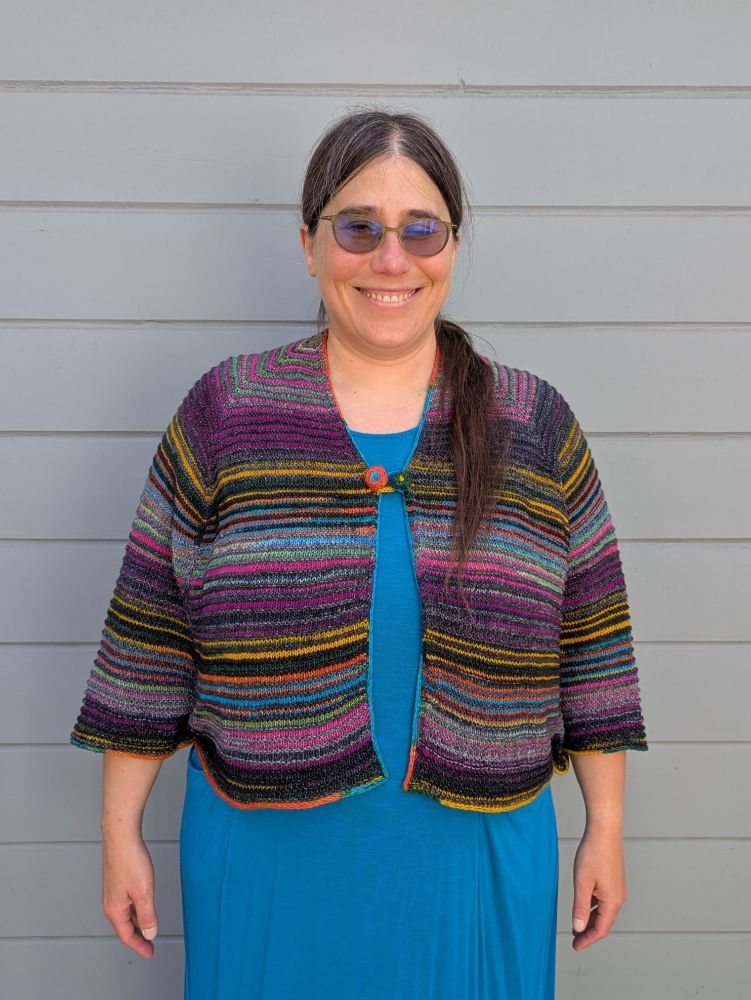



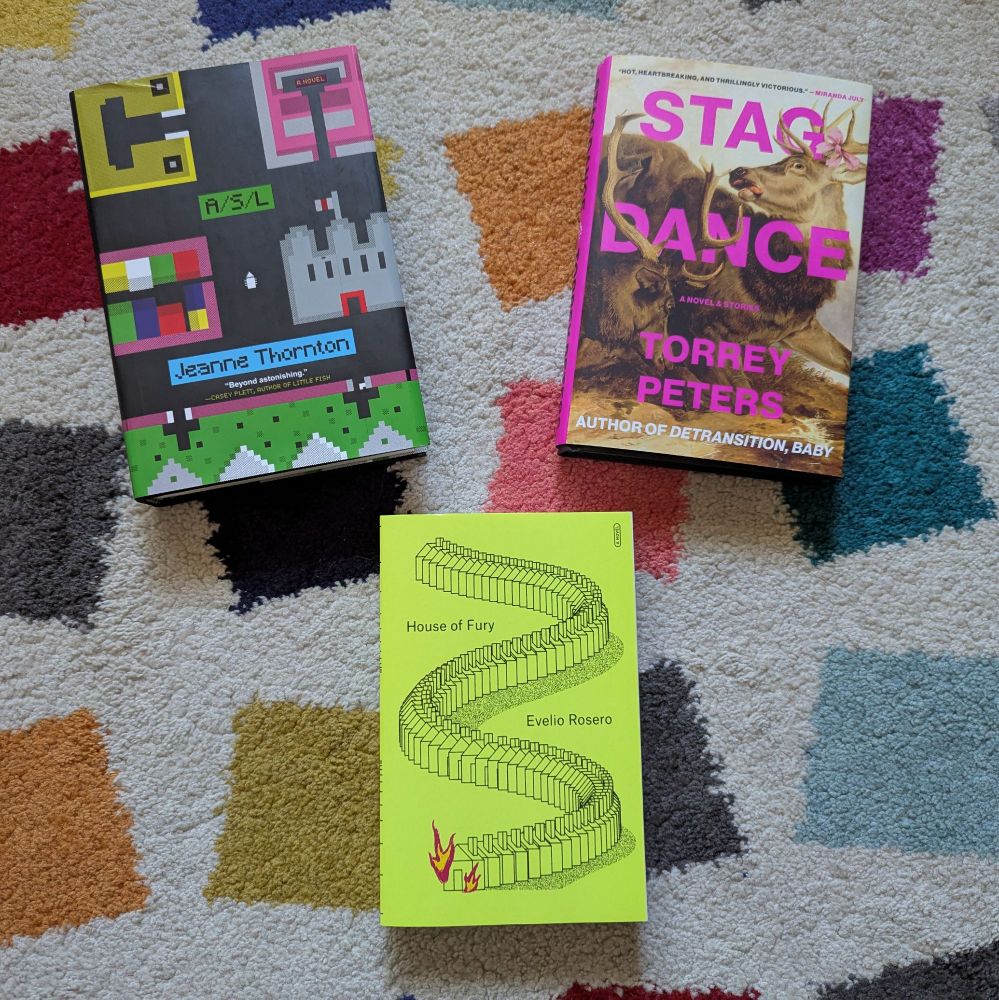
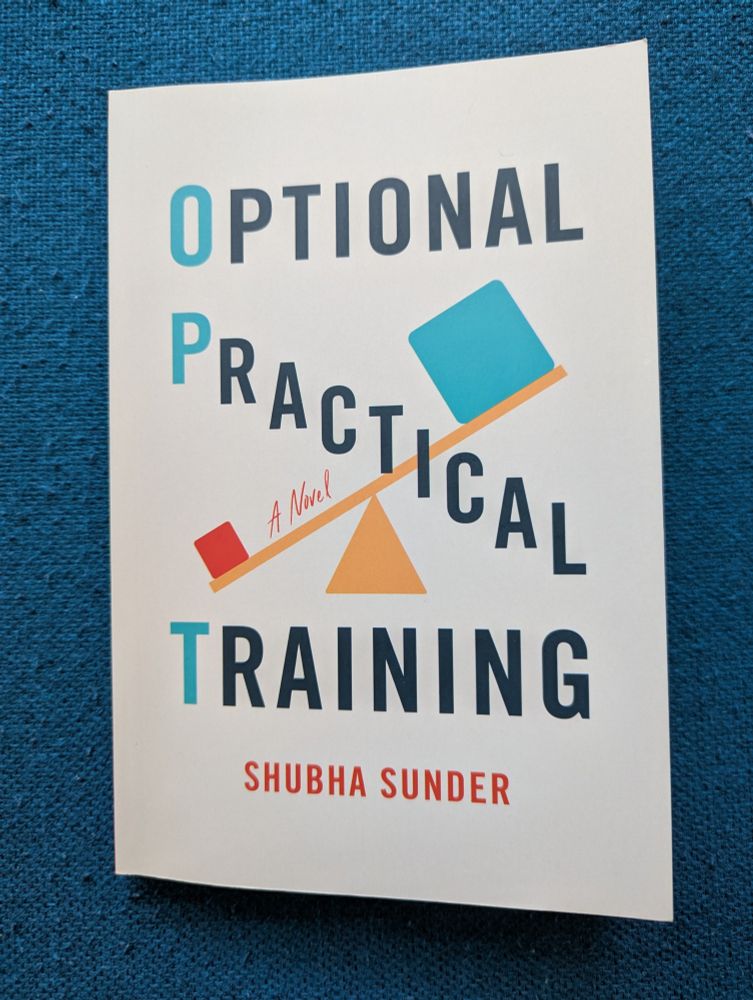
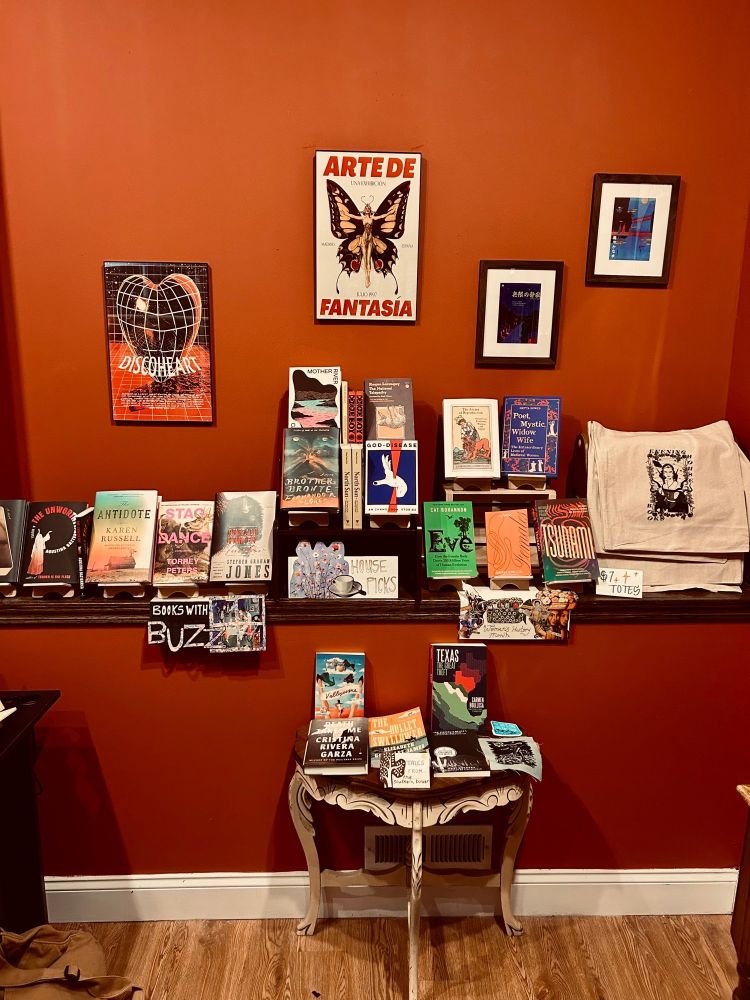
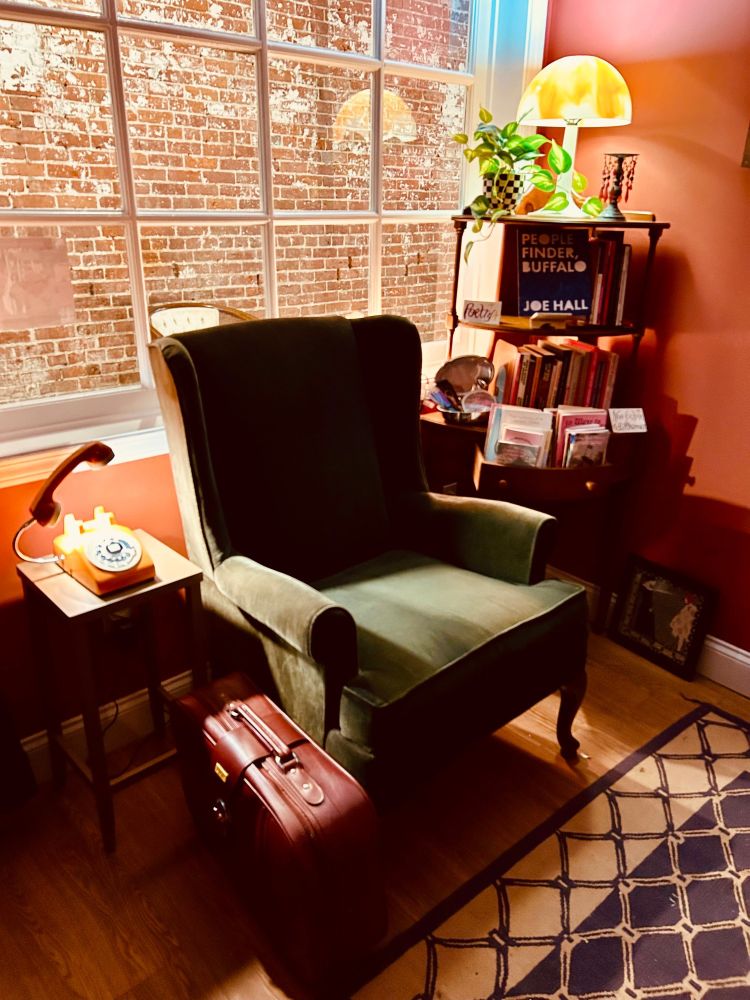
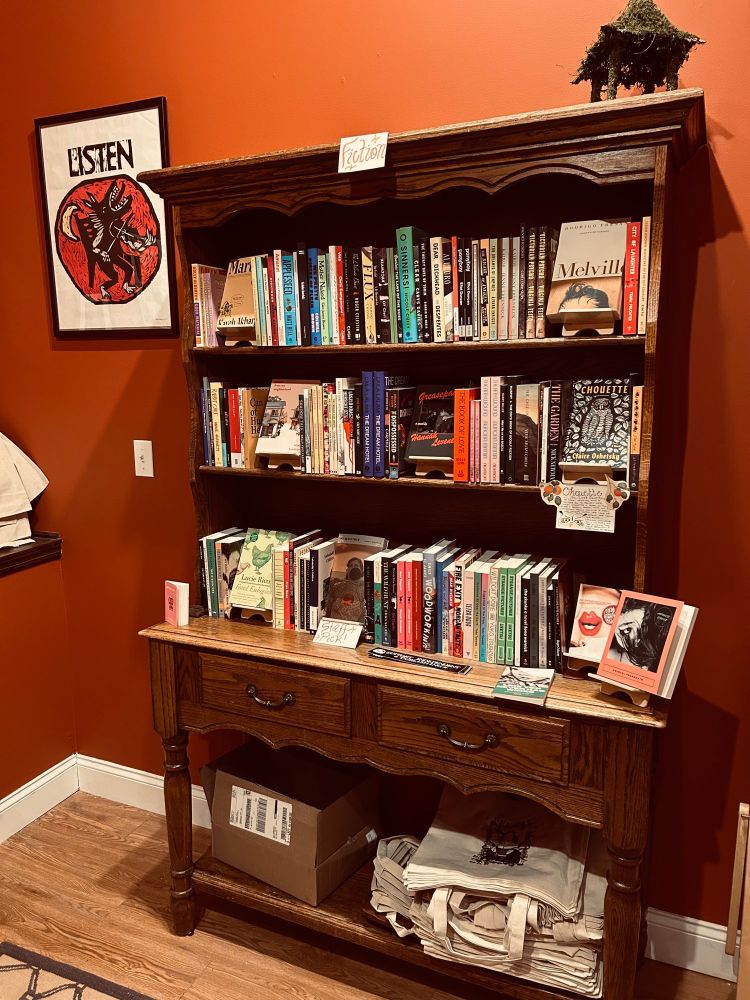

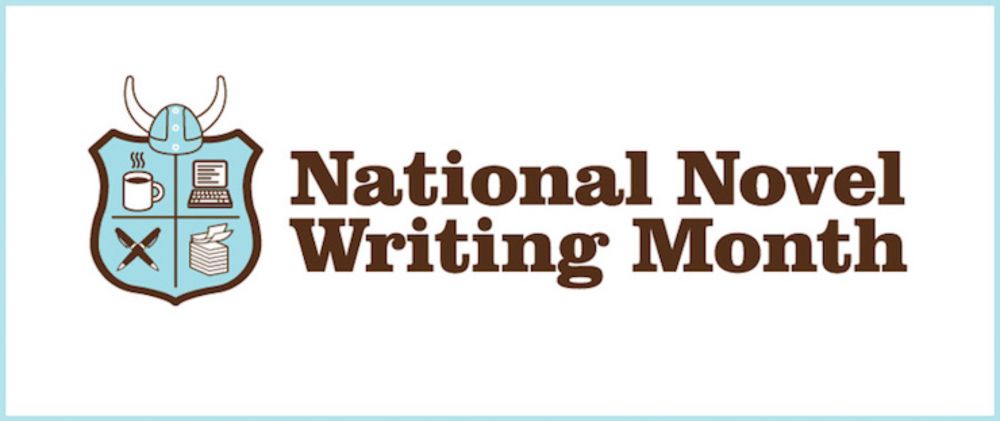
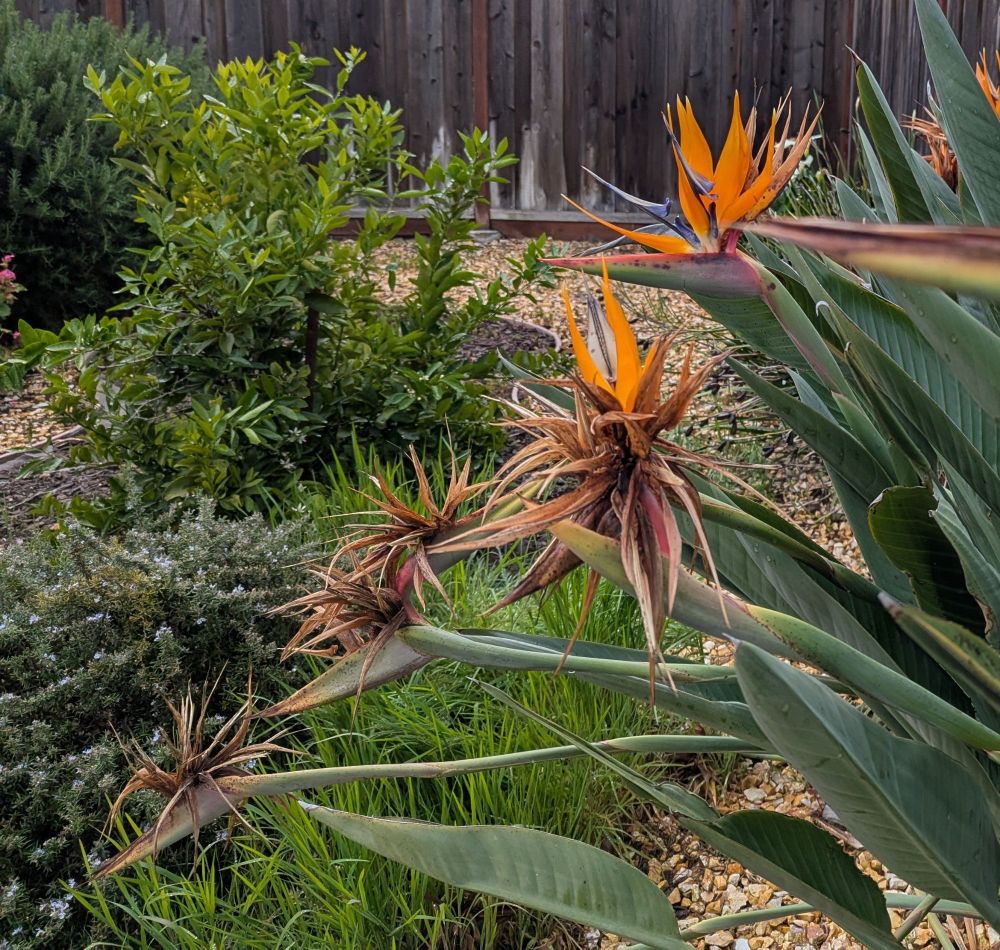
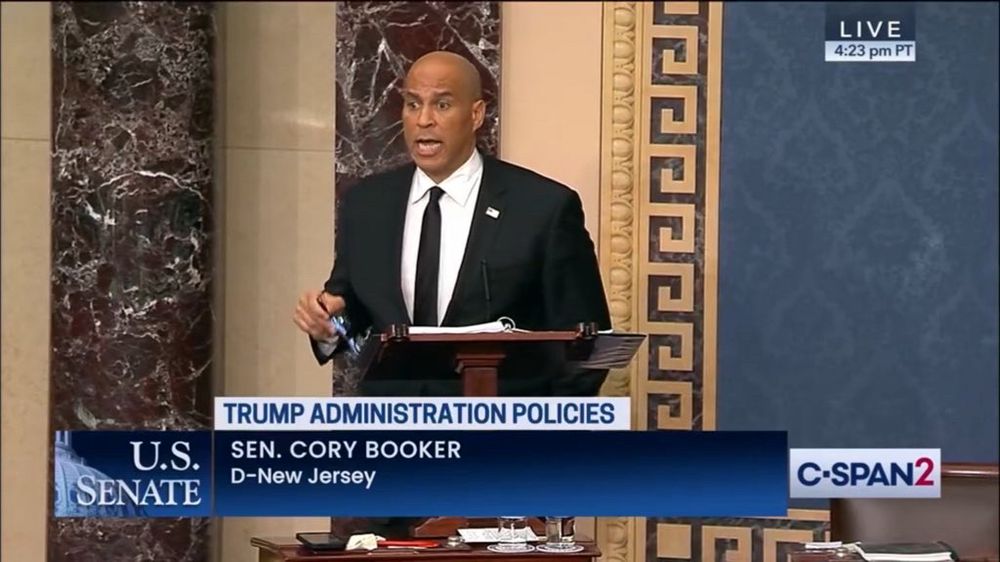


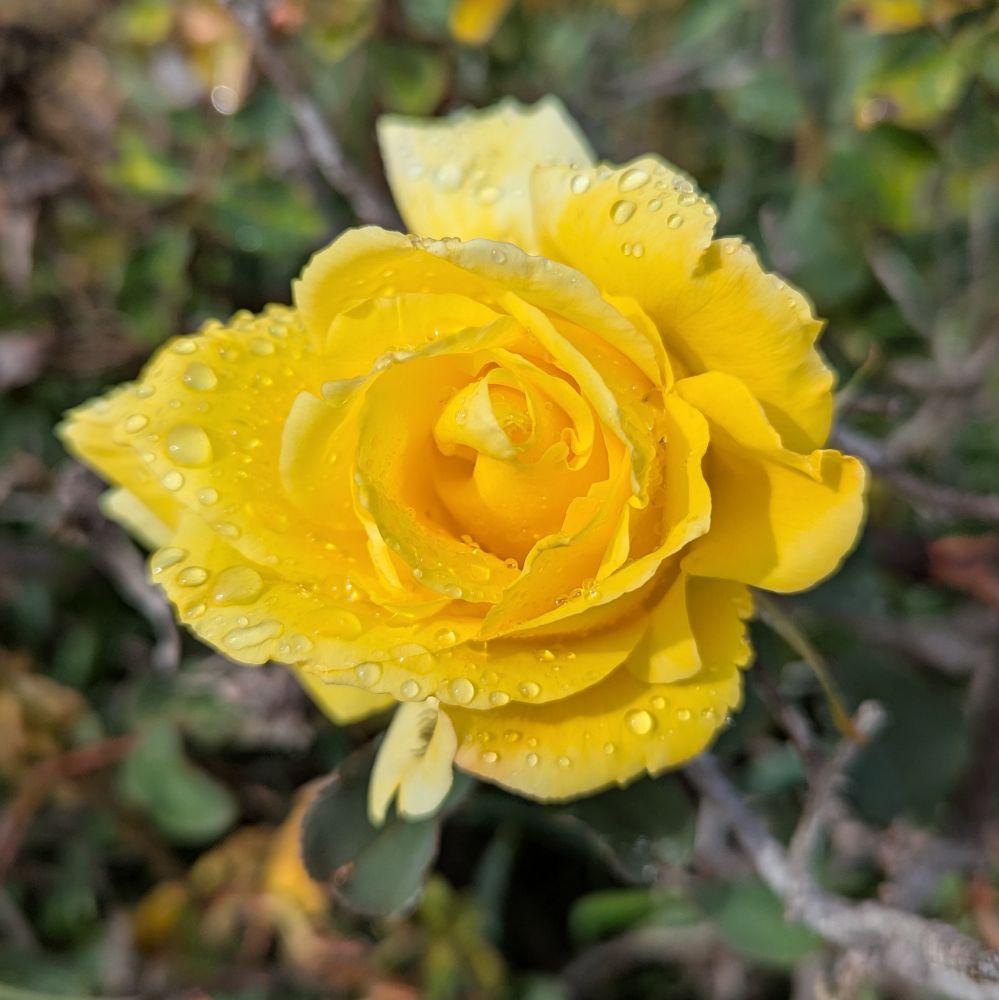
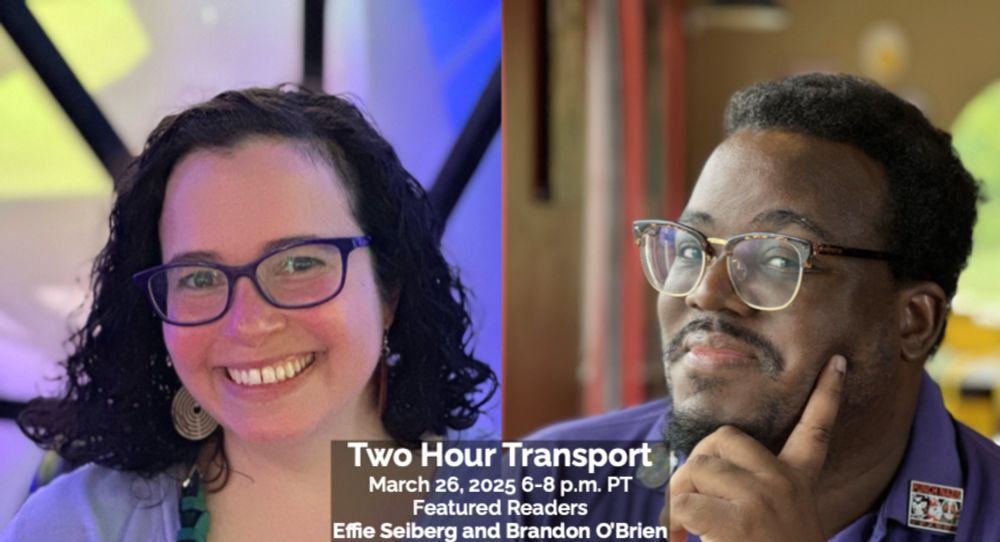


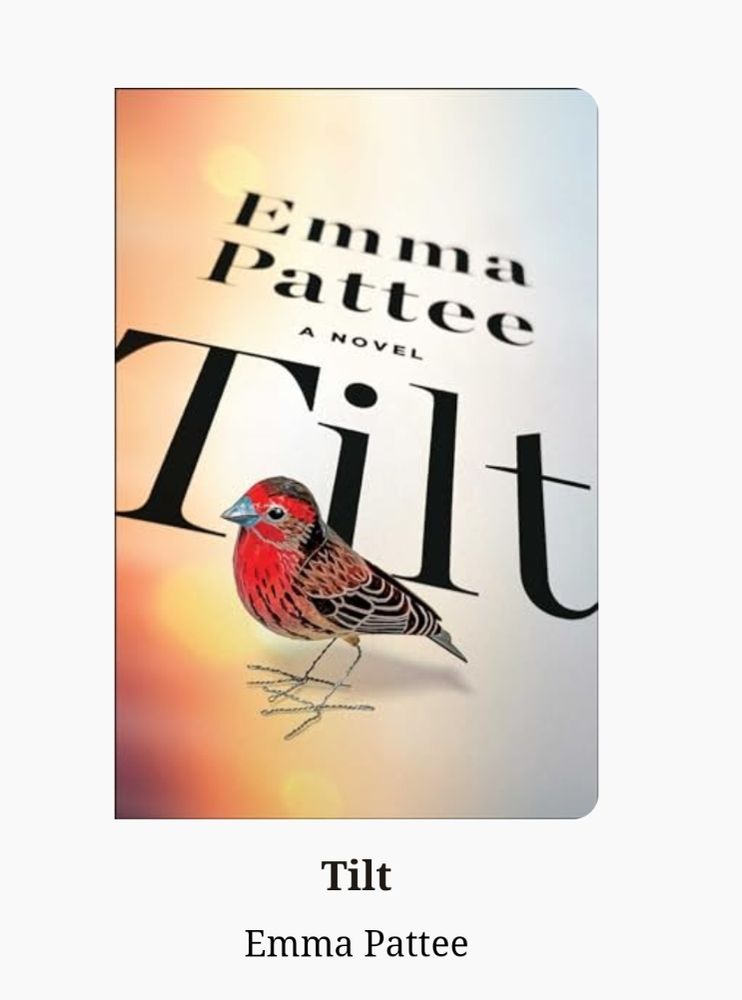
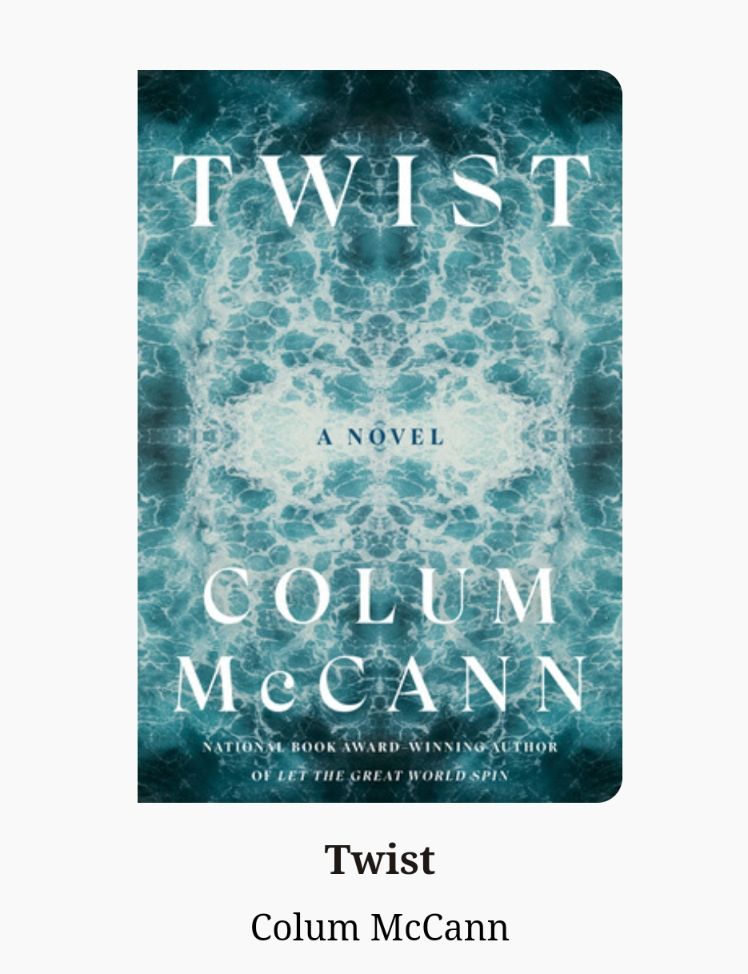
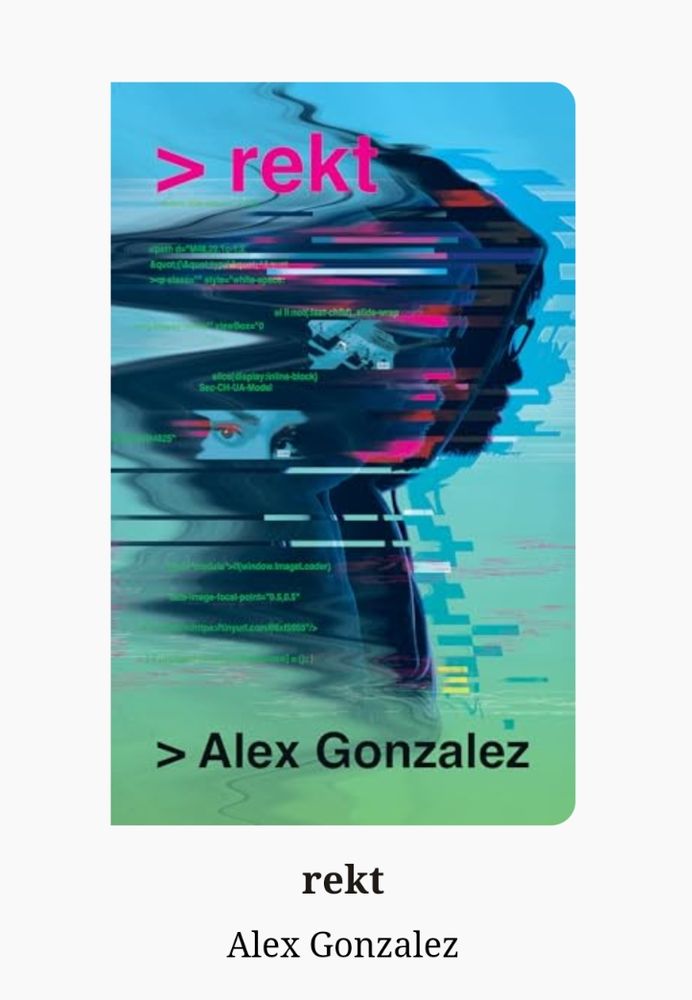

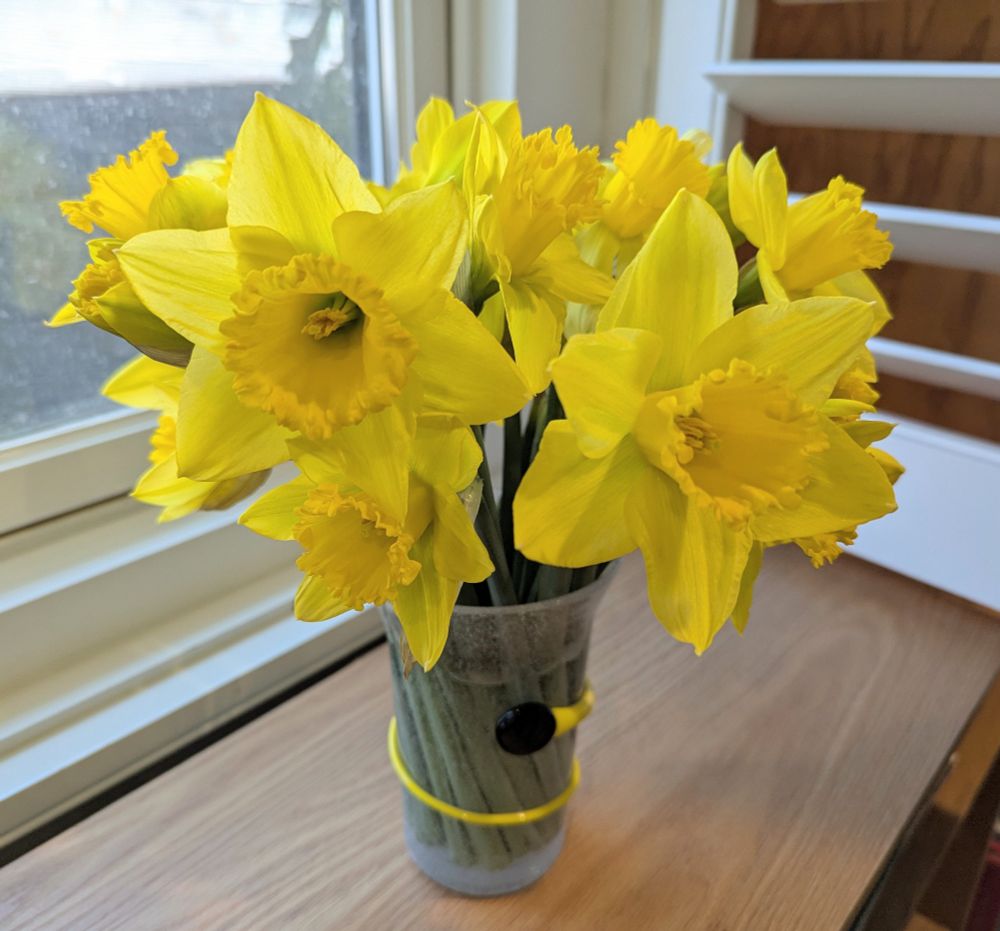

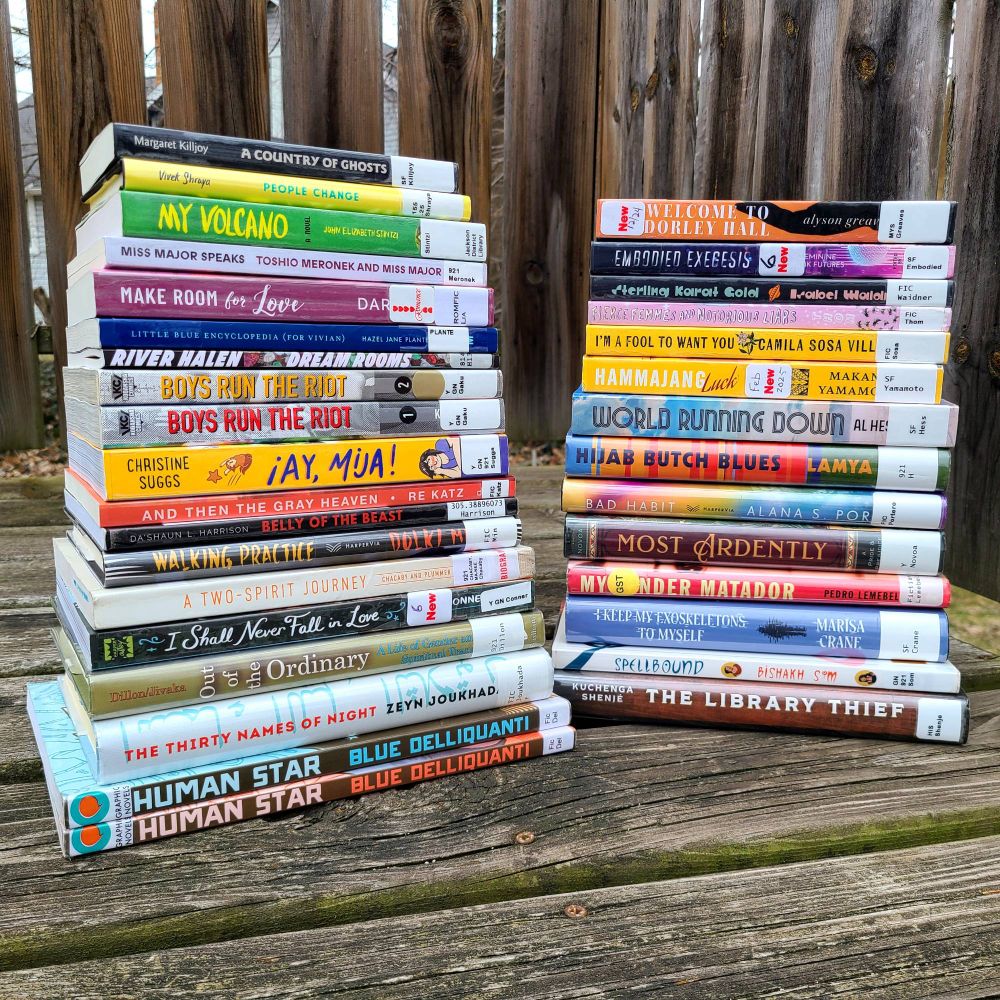

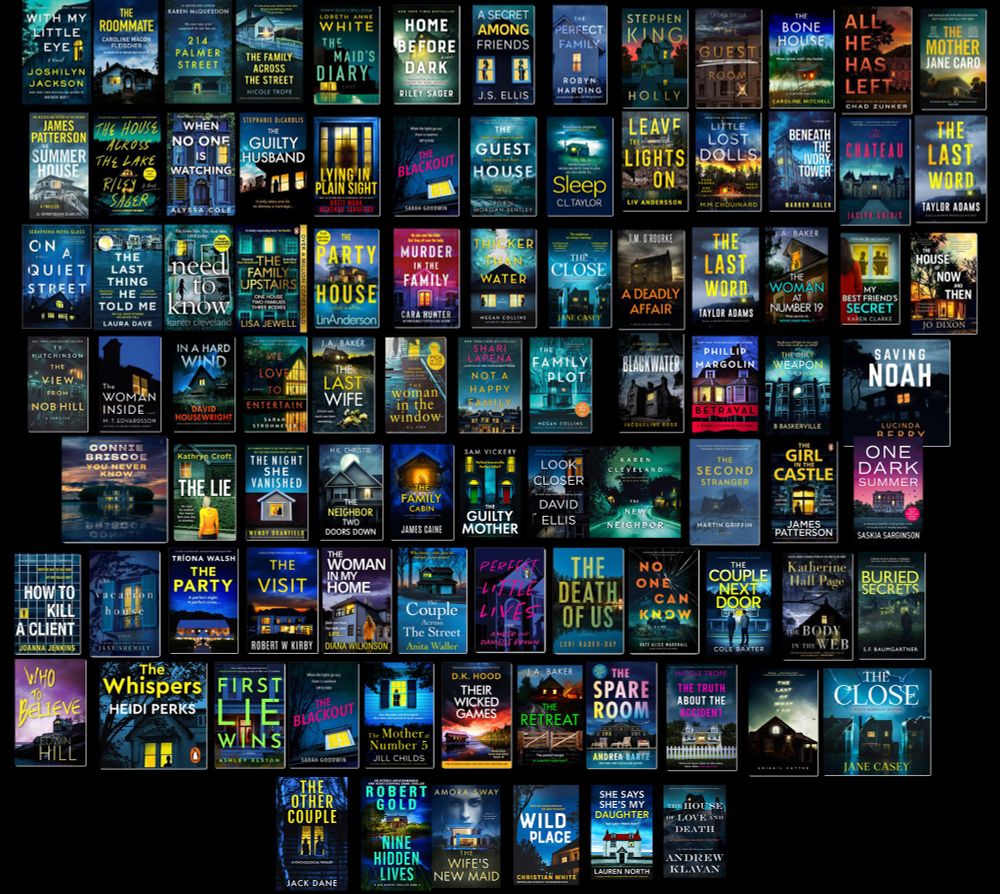
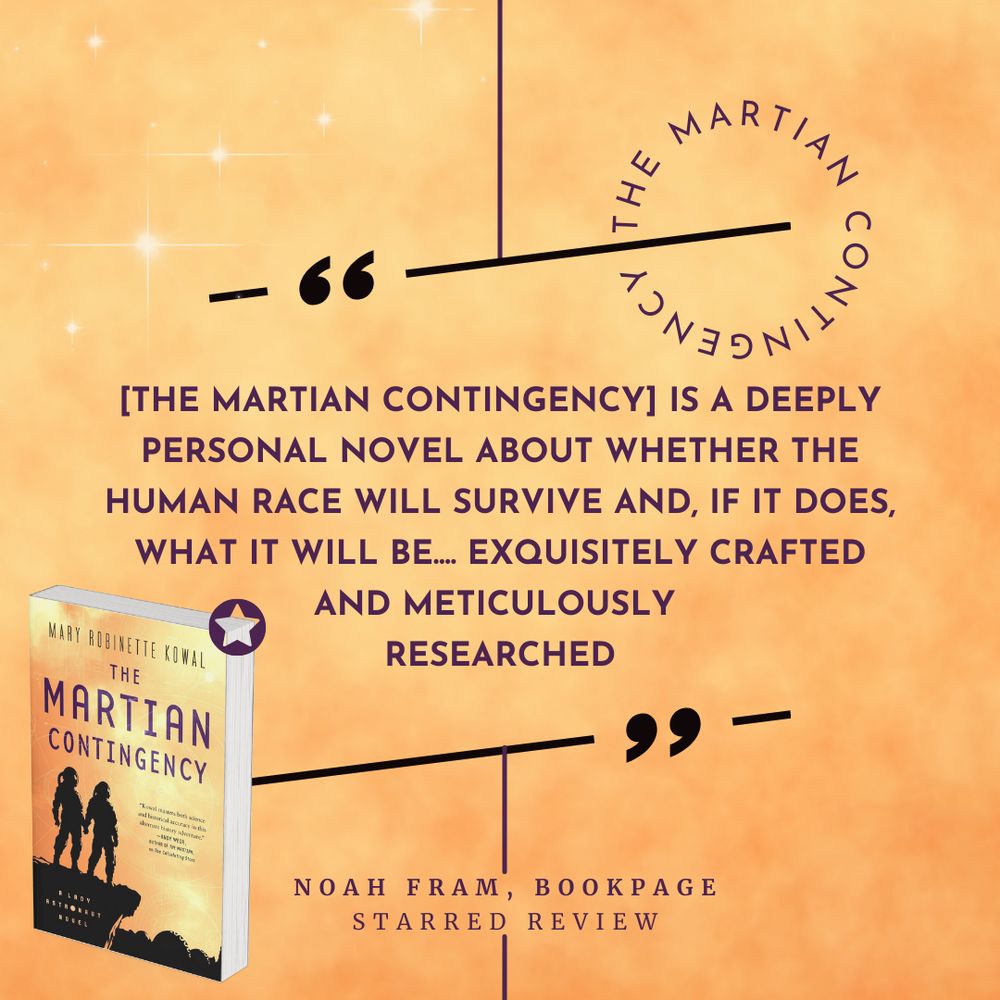

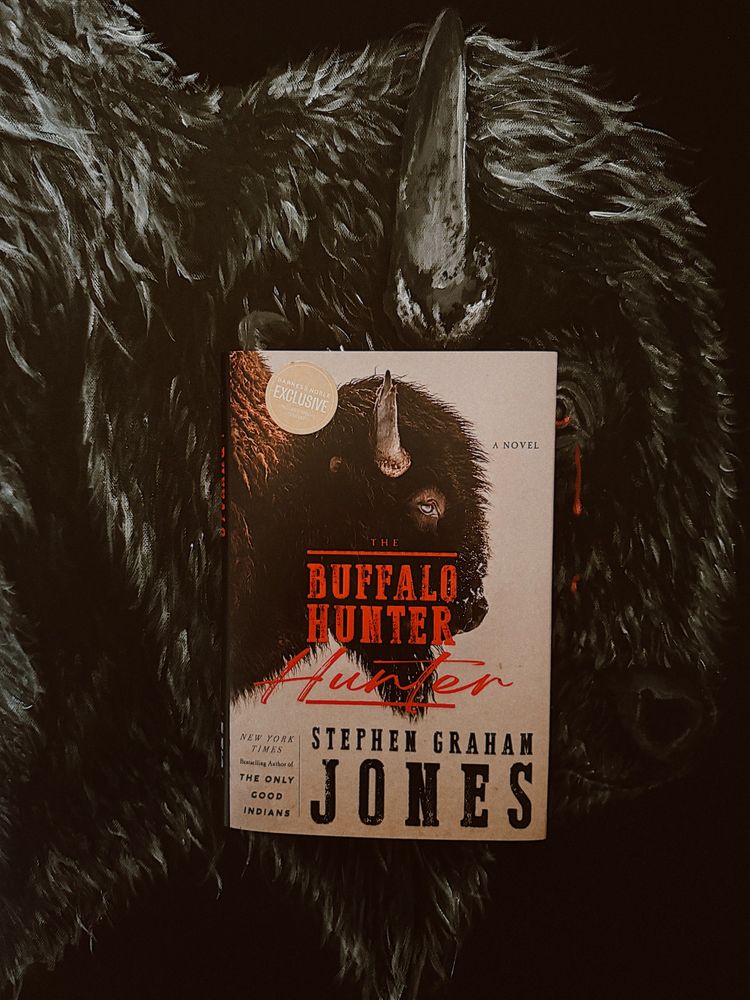
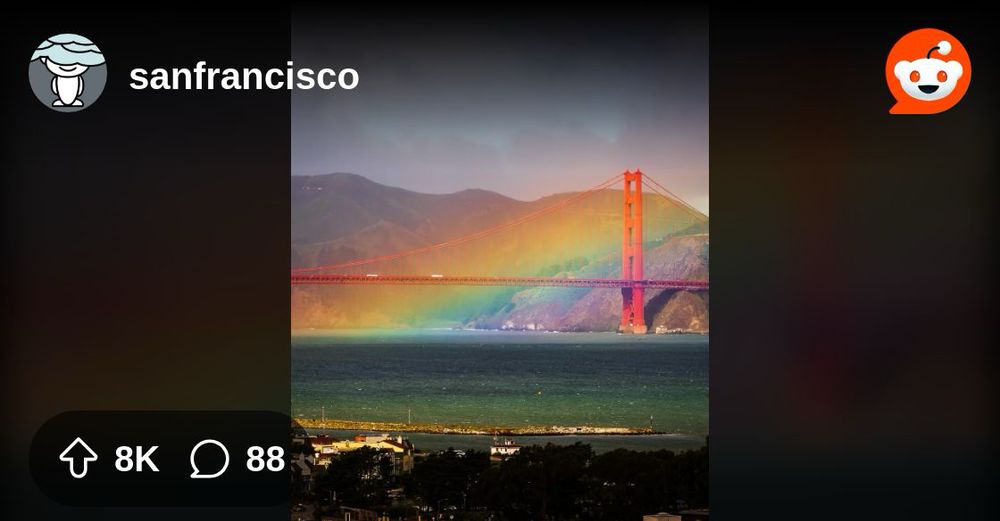
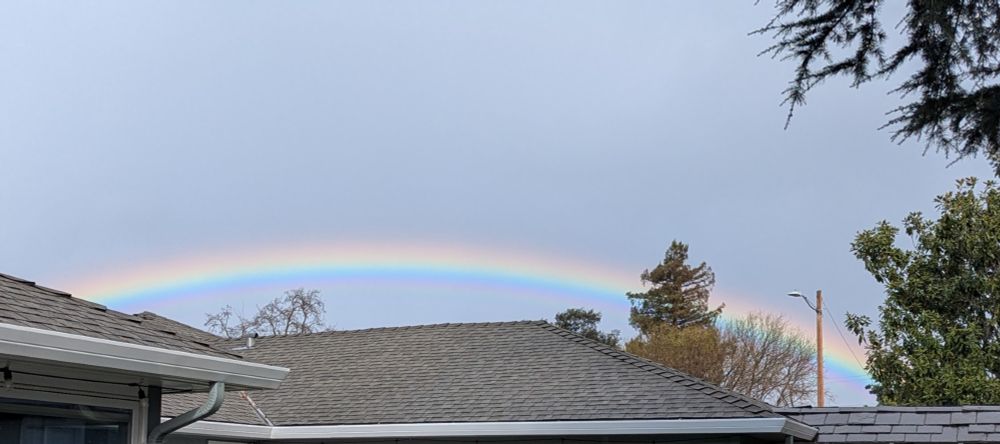


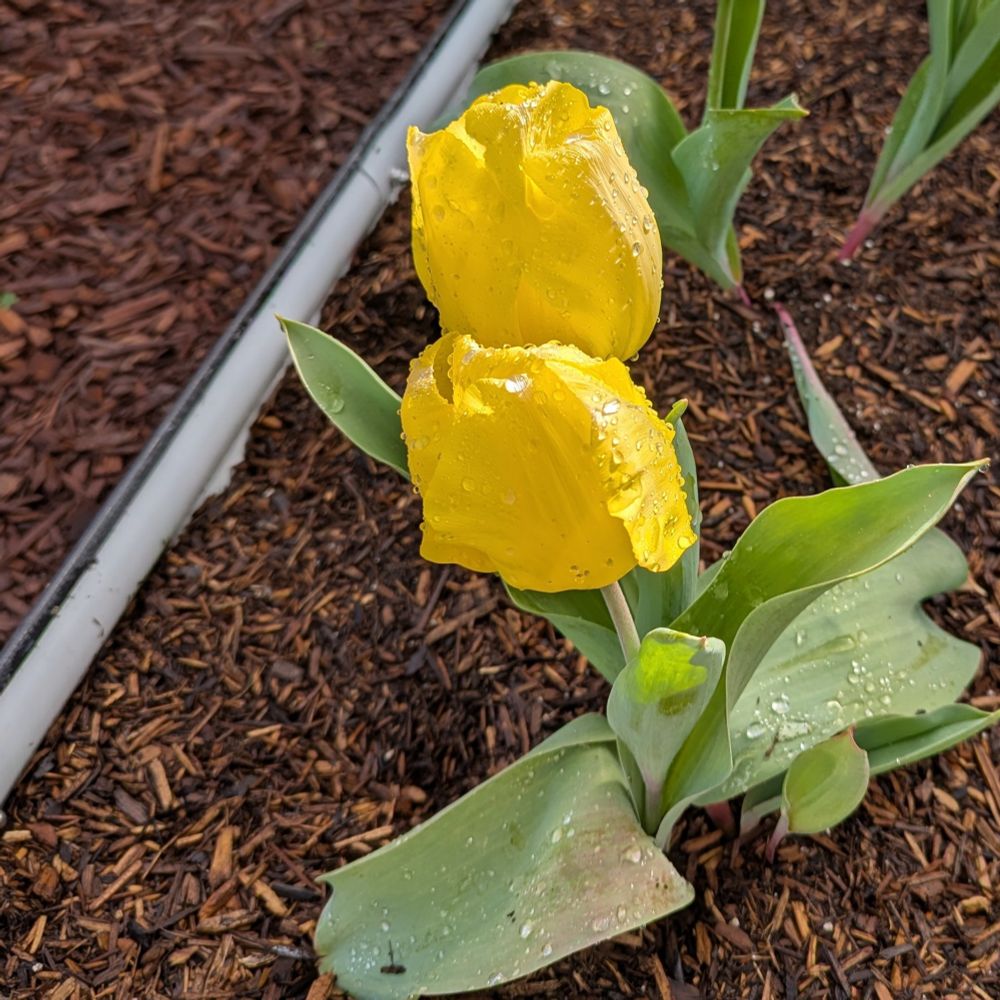
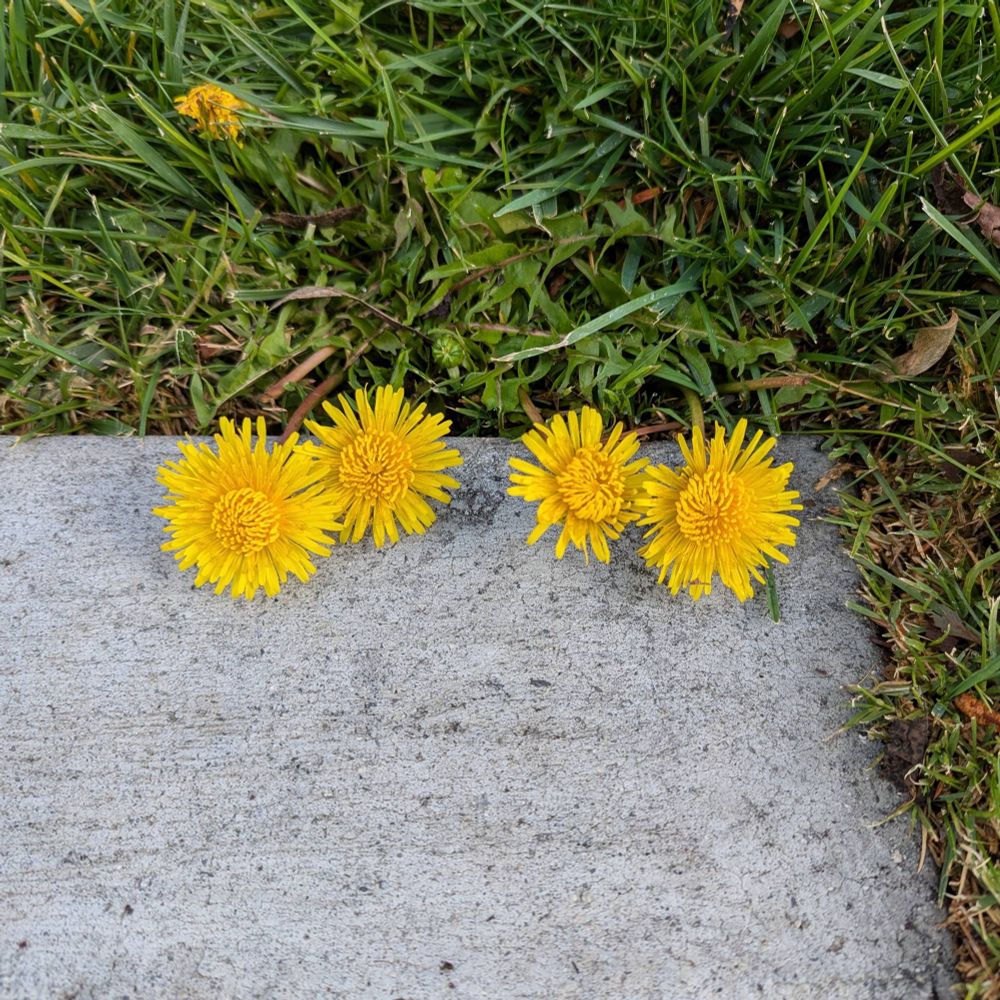
No comments:
Post a Comment